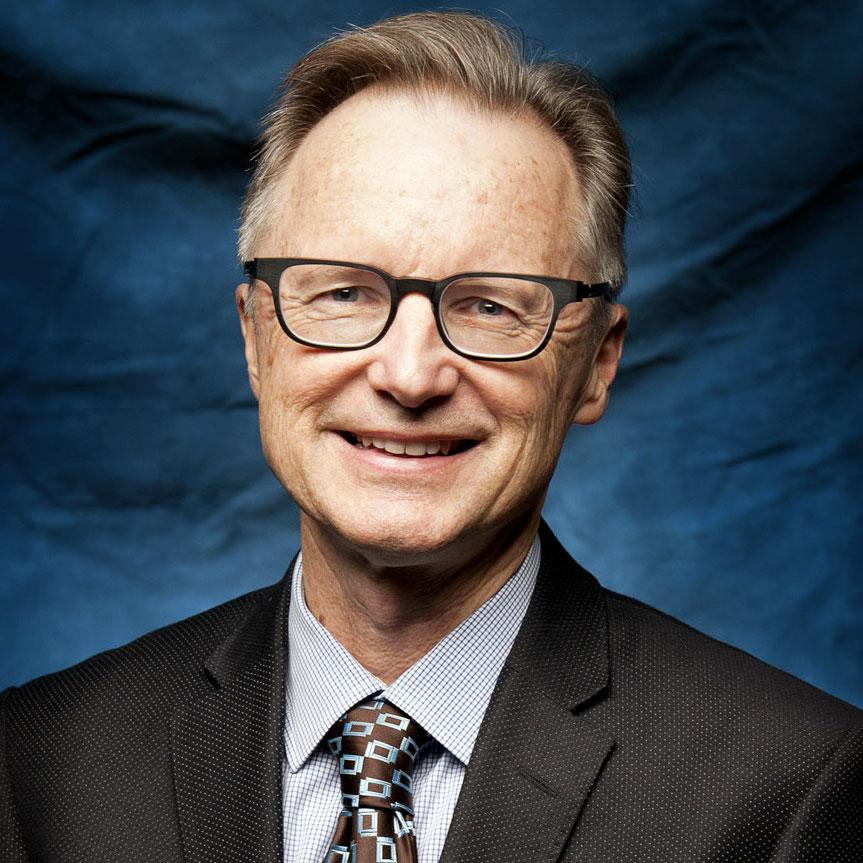Monitoring of minimal residual disease on chronic myeloid leukaemia patients in a setting of treatment free remission
For patients who have achieved deep molecular responses and have minimal residual disease after treatment, the new goal for clinicians today is to identify candidate patients that can safely cease TKI therapy achieving treatment free remission (TFR).

It is estimated that approximately 50% of CML patients may be eligible to stop TKIs, however half of them experience molecular relapse, usually within 6 months, and have to restart therapy. CML is projected to become the most prevalent leukaemia by 2040, therefore is critical to maximise the number of patients achieving TFR.
However, unravelling the critical mediators of TFR is a major challenge.
The aim of the project will be to characterise the residual leukaemia population in TFR patients, and understand why some patients relapse and others don’t.
One possible line of inquiry involves identifying the lineage of residual CML cells, through a highly sensitive DNA approach. This will involve a characterisation of the genomic breakpoint and the development of a patient-specific assay to monitor residual leukaemia on sorted cell populations.
Join our cancer research program
The treatment of chronic myeloid leukaemia (CML) has been one of the most remarkable cancer success stories this century, heralding the widespread application of small molecules to target oncogenic kinases.
Insights from CML research in this era have provided guidance for the targeted therapy programs in many other cancers. The improvement in 10-year survival for CML patients from 20% in the 1990s to over 80% today has been achieved with the clinical application of tyrosine kinase inhibitor (TKI) therapy targeting Bcr–Abl.
Despite the improvements in outcomes achieved with TKI therapy, major challenges still confront the CML clinician. Transformation to blast crisis is still seen in -10%, similar numbers are resistant to all TKls and only -50% overall achieve deep molecular responses (DMR). Furthermore, most CML patients will remain dependent on TKI therapy for life with current approaches. As well as the massive cost burden, this long–term dependence on TKI therapy often leads to impaired quality of life and, in some cases, significant organ damage.
Pioneering work from the Bordeaux and Adelaide trial groups has shown that around half of the patients who achieve stable DMR can cease TKI therapy without evidence of molecular relapse, even with long-term follow-up ( defined as achieving treatment-free remission -TFR).
By contrast the other half have molecular evidence of recurrence, usually within 6 months of stopping, and have to restart TKI therapy. We have made excellent progress in understanding some of the key drivers of DMR and TFR and are already translating some of these findings into clinical trials to expand opportunity for these optimal outcomes.
This emerging knowledge will provide urgently needed criteria for safe TKI cessation and guide the design of future trials to maximise TFR with consequent major benefits for many CML patients. CML is projected to become the most prevalent leukaemia by 2040, so for the thousands of CML patients in Australia who are facing lifelong dependence on expensive and debilitating therapy, support for this work is critical.

Supervisors
Co-supervisors: Dr Ilaria Pagani
Research area: Cancer program - South Australian Health and Medical Research Institute
Recommended honours enrolment: Honours in Molecular and Biomedical Science
